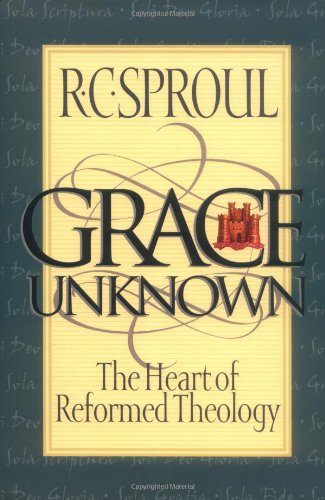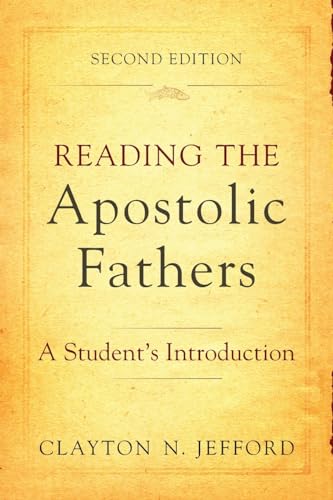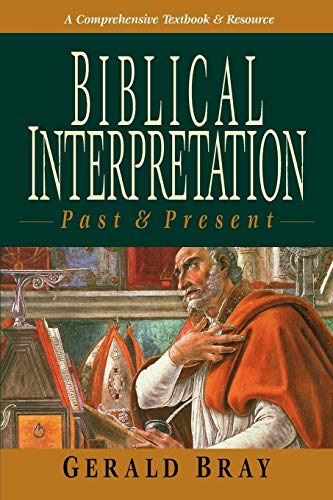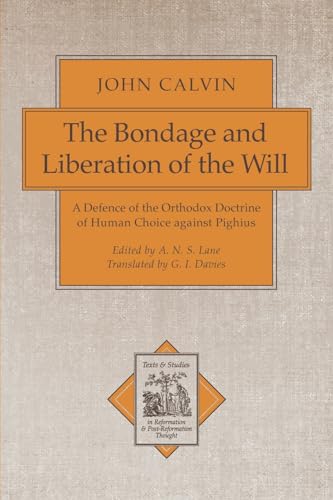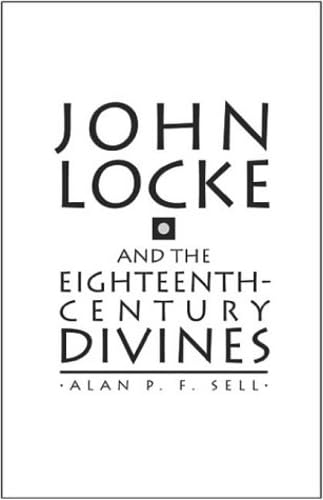Jesus and Israel: One Covenant or Two?
Written by David E. Holwerda Reviewed By Marvin R. WilsonDavid Holwerda has written a very timely volume. The relation of Israel to the church has seen considerable debate during the past century. With Christendom currently standing on the brink of a new millennium, a renewal of interest in Bible prophecy and the role of the Jewish people in the plan of God is presently surfacing in various segments of the church.
In 1897, after the first world Zionist gathering in Basel, Switzerland, many around the world laughed at what was reported from that conference.
On that occasion at Basel, the man known today as the father of modern Zionism, Theodor Herzl, make his famous prediction that in fifty years the world would see a Jewish state. The modern State of Israel was voted upon in 1947 by the League of Nations, and born in 1948. Amid remarkable circumstances, this fledgling State emerged shortly after the Holocaust, an indescribable event that had claimed six million Jewish lives.
Currently, church and synagogue are again giving special reflection to their own histories and theologies, and especially to their relation one to the other. During the last decade, several major catalysts have contributed to this renewal if interest. They are the 3,000th anniversary of Jerusalem as the capital of the Jewish people (1996), the 50th anniversary of the State of Israel (1998), and various statements on the Jewish people, Israel and the Holocaust by major Christian denominations. Accordingly, Holwerda devotes much of his study in biblical theology to such themes as covenant, land, temple and the future of Israel.
Holwerda has given us a lucidly written work on promise and fulfilment. In that the author is professor of NT studies at Calvin Theological Seminary, it will not come as a surprise to Holwerda’s readers that his conclusions fall within the Reformed covenantal tradition. Holwerda’s aim is to establish firmly from Scripture that the OT promises to ethnic Israel are universalized or spiritualized in the church, a body which embraces the nations of the world. Promises related to a temple of stone in Jerusalem find fulfilment in a universal temple, the world wide body of Christian believers. In Holwerda’s view, ‘Historical Jerusalem has lost its significance as the promised Holy City, the city of salvation’. Consequently, he argues that the earthly Jerusalem no longer embodies hope but the heavenly Jerusalem does. The particular OT promises concerning earthly Jerusalem are not to be fulfilled by ethnic Israel on this earth for, in Holwerda’s words, ‘The NT locates Jerusalem where Jesus is. Jesus is in Heaven and so is Jerusalem.’
The author’s conclusions will be unacceptable to dispensationalists, most premillenialists and other segments of the Christian community who argue that Scripture makes some form of distinction in the plan of God between Israel and the church. In this reviewer’s view, the author could have presented a more even-handed and fuller treatment of the biblical data had he followed a different methodology. Holwerda’s starting point should have taken more seriously the exegetical method of the earliest church: that earliest Jewish church began with the OT, its only Scriptures. Holwerda, however, largely follows the spiritualizing and allegorizing approach of many of the Church Fathers who tended to read the OT through the starting point of the NT, thus tending to avoid hearing the full weight of the OT teachings. Until today’s church fully hears the Hebrew Scriptures of Jesus and the apostolic church in their own rich this-worldly Jewish context prior to launching into the NT’s use of these texts, the church’s exegetical conclusions may be lacking in sound biblical foundation. In particular, Holwerda would have brought more balance to this study if he had given more extensive detailed exegetical analysis to those texts dealing with the unconditional nature of God’s covenant with Israel and those prophecies concerning Israel’s permanent restoration to the land.
But in the end—especially for those concerned about world Jewry today and the prospects for a future for literal Israel—all is not lost. Indeed, readers will appreciate how Holwerda opens his discussion in chapter one, titled, ‘Jesus and Israel in the Twentieth Century’. Unlike many works on Israel and the church, in this chapter (and throughout the book) Holwerda is refreshingly non-polemical. Accordingly, the author’s opening discussion sensitively deals with Christian-Jewish relations, post-Holocaust theology, and the biblical concept of covenant. In this regard, Holwerda holds firmly that there is one covenant, not two. In addition, though Holwerda holds throughout his work that the church is Israel, he does believe God can still be ‘using the recent political history of Jewish Israel to contribute to the fulfilment of his promises of salvation’ (p. 182).
Indeed, Holwerda affirms that God has ‘already used the establishment of the state of Israel to ignite messianic hopes after the Holocaust’. Furthermore, while Holwerda rightly holds that in the deepest spiritual sense there is one people of God, not two, he is open as to how God will use history to bring about the fullness of Jewish Israel with the fullness of Gentile believers. Says Holwerda, ‘How all this will be achieved in terms of visible events, or how many OT particulars God will rerun or allow to reoccur, I do not know’. While hardly going far enough for those opposing replacement theology, such openness and candour accompanied by a lack of dogmatism should be commended by readers of all theological stripes.
Jesus and Israel is well worth serious study. It is a provocative work and its aim is to be biblical. It is usefully outlined and has an index of Scriptures and authors.
The fact that Holwerda writes clearly makes this volume readily accessible to lay people; its theological meatiness, on the other hand, will especially peak the interest of scholars. Holwerda is to be commended for taking a controversial topic and addressing it in an irenic and engaging style. Hopefully, his non-threatening approach will allow even the most ardent of Christian Zionists to be enlightened through his pen and even find some enjoyment in the process.
Marvin R. Wilson
Gordon College, Wenham, Massachusetts



